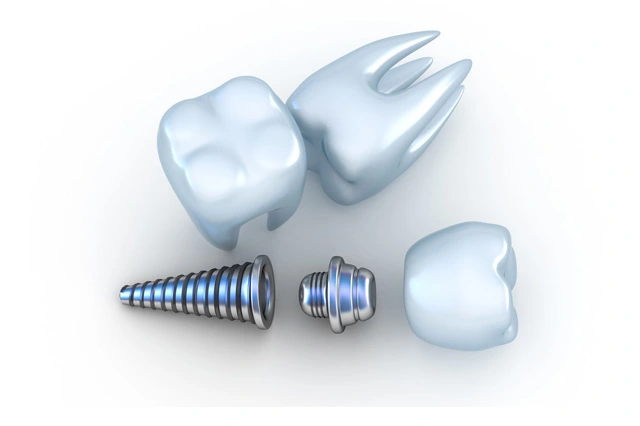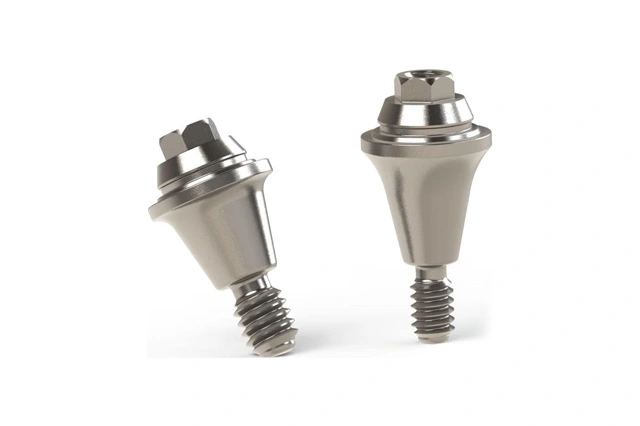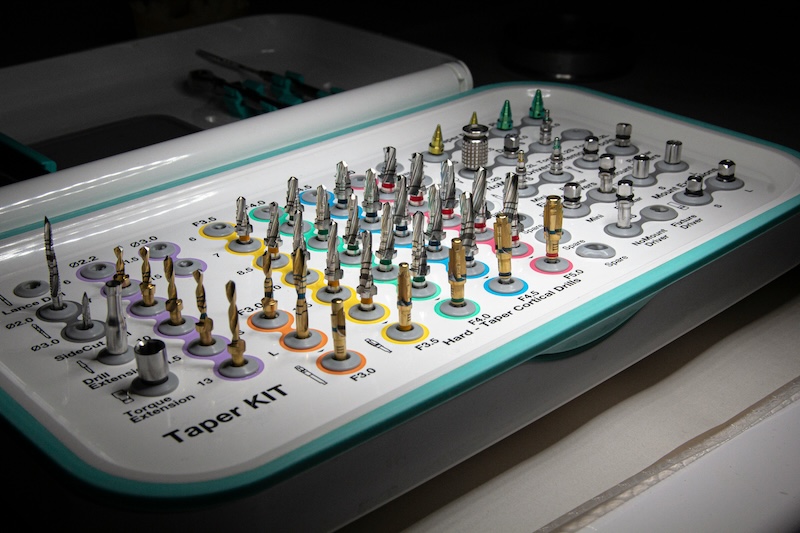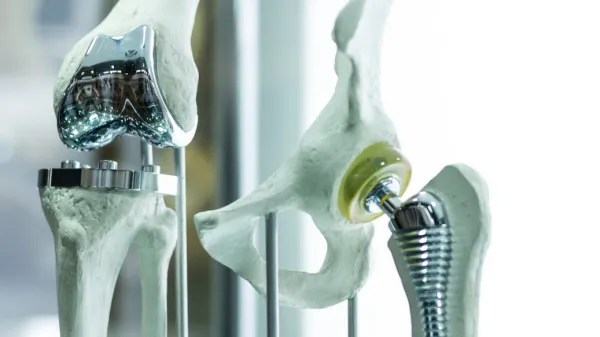Introduction: The Importance of Choosing the Right Material for Dental Implants
Dental implants have become a trusted solution for replacing missing teeth, restoring both function and aesthetics. But the success of dental implants largely depends on the material used. Titanium has emerged as the preferred material for implants due to its exceptional durability, biocompatibility, and strength. But what makes titanium so ideal for dental applications?
Titanium offers unmatched biocompatibility, strength, and corrosion resistance, making it the go-to material for long-lasting, reliable dental implants. These properties help ensure implants are both safe and effective, offering patients comfort and stability that can last a lifetime.
In this article, I’ll explore the specific benefits of titanium in dental implants and why it remains the top choice in modern dental care.
1. How Does Titanium’s Biocompatibility Benefit Dental Implants?
One of titanium’s standout qualities is its exceptional biocompatibility, which allows it to bond naturally with bone tissue. This property is crucial for the success of dental implants, as it ensures the implant fuses well with the jawbone.
Advantages of Biocompatibility:
• Encourages Osseointegration: Titanium’s ability to integrate with bone tissue means it provides a stable foundation, which is essential for a successful implant.
• Minimizes Risk of Rejection: Titanium is well-tolerated by the human body, reducing the likelihood of adverse reactions or rejection.
In my experience, titanium’s biocompatibility is key to the long-term stability of dental implants, allowing for a secure and comfortable fit that becomes part of the natural jawbone.


2. Why Is Titanium’s Strength Crucial for Dental Implants?
Dental implants must withstand the daily forces of chewing and biting. Titanium’s high strength-to-weight ratio makes it strong enough to handle these pressures without breaking or degrading over time.
Advantages of Titanium’s Strength:
• Durable and Resilient: Titanium implants can withstand the forces of chewing, ensuring the implant remains stable and intact.
• Long-Lasting Support: Patients can rely on titanium implants to last for decades, often without the need for replacement.
With titanium’s strength, I know that the implant can provide the necessary support for daily functions like eating and speaking, giving patients a durable solution they can count on.
3. How Does Titanium’s Corrosion Resistance Improve Implant Durability?
Implants are continuously exposed to moisture and various pH levels within the mouth, which can lead to corrosion in some metals. Titanium’s natural resistance to corrosion ensures implants remain strong and intact over time.
Advantages of Corrosion Resistance:
• Prevents Degradation: Titanium’s resistance to rust and corrosion means implants can withstand the humid environment of the mouth without degrading.
• Reduces Maintenance Needs: Titanium implants maintain their integrity with minimal upkeep, providing long-term reliability.
For me, titanium’s corrosion resistance means less worry about implant longevity. It provides a low-maintenance solution that remains reliable year after year, even in challenging conditions.
4. Why Is Titanium’s Lightweight Property Beneficial for Patients?
Titanium is strong yet lightweight, which is essential for dental implants, as a heavy material could strain the jawbone over time. Titanium provides the necessary durability without unnecessary weight.
Advantages of Lightweight Design:
• Comfortable Fit: Titanium implants are comfortable and don’t add excess weight, allowing for natural jaw function.
• Reduces Bone Resorption: The light weight of titanium helps minimize stress on the jawbone, reducing the risk of bone resorption (loss).
The lightweight nature of titanium has been invaluable in dental implants, offering a comfortable, natural-feeling solution that won’t burden the jawbone.
5. How Does Titanium’s Flexibility Benefit Dental Implants?
Titanium possesses a slight degree of flexibility, which helps it absorb stress and adapt to minor movements in the jaw. This quality is essential for maintaining the stability and comfort of dental implants.
Advantages of Titanium’s Flexibility:
• Stress Absorption: Titanium’s flexibility allows implants to absorb the force of chewing and other jaw movements, reducing stress on surrounding bone.
• Improved Longevity: This flexibility helps ensure implants remain stable and resilient over time, even with daily use.
For patients, titanium’s flexibility makes implants feel more natural, enhancing both comfort and durability for long-term satisfaction.


6. How Does Titanium’s Non-Allergenic Property Benefit Dental Implant Patients?
Some patients have sensitivities to certain metals, but titanium is generally non-allergenic. This hypoallergenic nature makes it a safer choice for a broader range of patients.
Advantages of Non-Allergenic Property:
• Reduces Risk of Allergic Reactions: Titanium is well-tolerated by most patients, minimizing the risk of irritation or allergic reactions.
• Safe for Long-Term Use: Patients with titanium implants can feel confident in a material that won’t cause adverse reactions.
Knowing that titanium is hypoallergenic provides peace of mind, especially for patients concerned about sensitivities or reactions to other metals.
Claim: Why Titanium Remains the Superior Choice for Dental Implants
Titanium’s blend of biocompatibility, strength, corrosion resistance, light weight, flexibility, and hypoallergenic properties make it the ideal material for dental implants. These qualities ensure that implants are safe, durable, and comfortable, supporting both the function and aesthetics of natural teeth.
Conclusion: Why Titanium Is the Best Material for Dental Implants
From its ability to bond with bone to its strength and corrosion resistance, titanium has proven to be the ideal material for dental implants. For anyone considering a dental implant, titanium offers the best solution for long-lasting, reliable results that mimic the feel and function of natural teeth.
Using titanium for dental implants has transformed patient outcomes, providing a durable, comfortable, and low-maintenance solution. For those seeking a dependable, high-quality option, titanium implants represent a long-term investment in oral health and quality of life.






